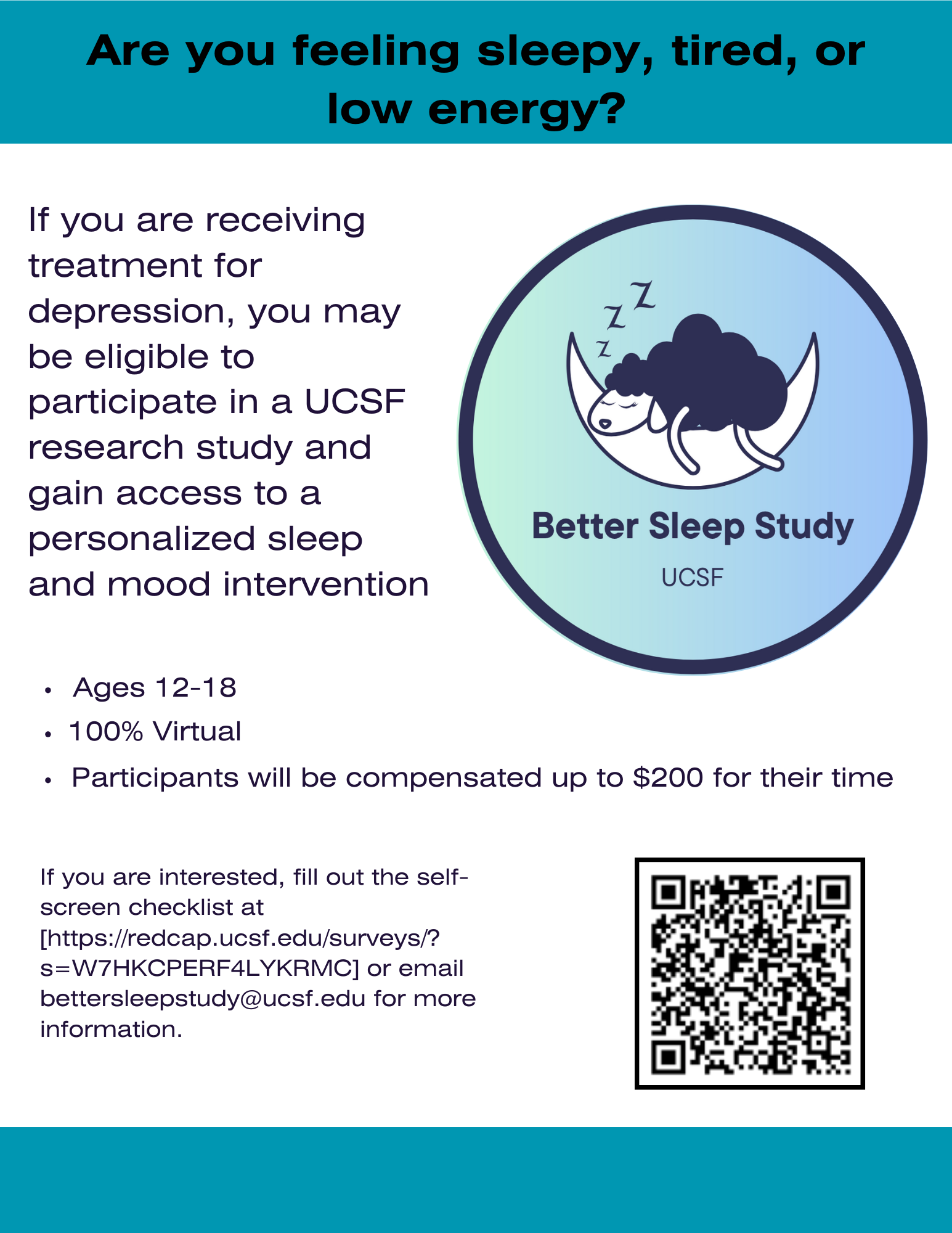Frequently Asked Questions
My child has difficulty winding down at night. How can I help?
Learning to wind down is a skill that kids need to learn like riding a bike or tying their shoes. This skill is easy and intuitive to learn for some kids and some kids need more practice. Like any new skill, it is easiest to learn when there is little pressure and low expectations. We recommend working with your child on wind down or calm down skills at a time when they are already feeling rested, calm and attentive. Teaching your child skills like mindfulness, meditation or progressive muscle relaxation can be helpful tools. But learning a new skill can be challenging so we recommend practice, practice, practice. Trial and error also helps; some exercises resonate with some kids more than others.
Below is a list of activities that may be helpful for your child:
- This is a story for children (aged 2 to 8) about learning to do progressive muscle relaxation. You can download it and edit and adapt it to meet the needs and interests of your child.
- This is another video that can teach your kids to do progressive muscle relaxation.
- A few books that can help teach your child about mindfulness/meditation concepts.
- Puppy Mind by Jordan Vance. This is also available in video form.
- Visiting Feelings by Lauren Rubenstein is a great book for older kids that may have anxious feelings they struggle with at night.
- A Little Peaceful Spot by Diane Alber teaches a few "tricks" for how to help your child find their peaceful place.
- Breathe Like a Bear by Kira Willey has a few mindfulness activities to chose from.
- Below are a few apps that have nice resources for kids.
- Cosmic Kids has a wonderful app and a great library of free kids yoga and mindfulness videos on Youtube.
- Headspace has some nice kids mindfulness activities.
My child has frequent nightmares. How can I help?
Dreams are our bodies' way of trying to process our feelings. One way you can help your child is to talk to them about how they are feeling. Try to validate their feelings as much as possible. Allow them to talk and try to label or name the feelings they describe as much as possible. Showing your child that it is safe to talk about their feelings and thoughts is an important first step in teaching them that, while they are uncomfortable and scary, thoughts and feelings can't hurt them. Dreams are just thoughts and feelings in their imagination.
This is a great book that can help kids learn that their dreams can't hurt them and they can actually be in charge of their own story.
How do I know if I need to see a sleep specialist to help my child?
Your child's Pediatrician is a great resource for guidance about whether or not you need to see a specialist. Talk to your Pediatrician about what resources are available near you. If your child has suspected insomnia, obstructive sleep apnea, a psychiatric or medical condition, or if they have a developmental disability, a visit to a behavioral sleep specialist may be helpful.
